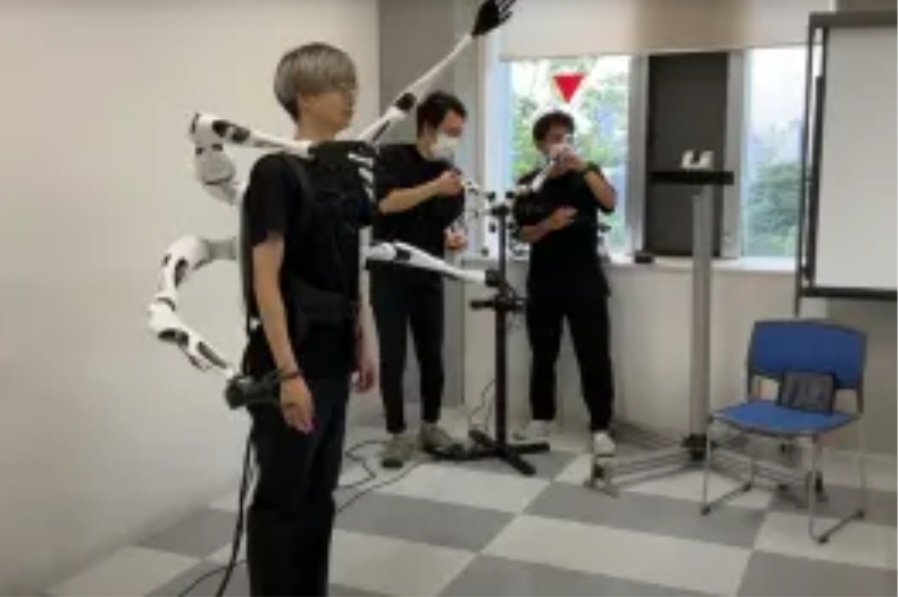أخبار منوعة
.Top tips for new teachers

Academia | CUP
Fresh from teaching English to learners of all levels in Spain, Laura Ironside joins us for our Top Tips for New Teachers series, to share the key bits of teaching advice she has learnt along the way.
When I first started in ELT, I quickly realised how much of a learning curve I had embarked upon. The mistakes I ended up making in my first classes were worlds away from the nightmare scenarios I had conjured up of confusing the second and third conditionals, but none of them had the disastrous consequences I had previously imagined. Everyone understands what it’s like to be new and trying to do your best, so try and talk to other teachers and hopefully these tips will help!
1. Don’t overdo praise
The key here is quality not quantity and as a new teacher I was certainly guilty of praising every single thing that came out of my students’ mouths. This quickly loses its impact and becomes meaningless. If students are praised for everything they do, how do they know when they’ve made a real breakthrough? Picking up on something the individual has been struggling with and making them aware of their progress will do much more for long term motivation than a constant cycle of “good”, “great” and “excellent”.
2. Bigger picture feedback
Wait until a student has finished speaking to give feedback – there’s nothing worse than interrupting someone who’s on a roll to quibble over a preposition, only for them to completely forget what they were going to say. I learned early on that it does no good to correct every tiny slip up, as students become so overwhelmed by errors that it’s not clear what they need to improve. Especially at the beginning of the course, try focusing on just one aspect (for example pronunciation or the use of tenses) and don’t sweat the smaller stuff. If possible, jot down mistakes being made when students are talking together and write them up on the board for everyone to correct (although make sure that these are anonymous!).
3. Remember who needs the practice
Nowadays adult students especially tend to come to class desperate to practice and improve their speaking. This makes sense as it’s an area where interactions with a native speaker can really help. But remember, they are the ones who need practice, not you! No matter how hilarious that thing your mate did at Glastonbury, it’s best not to take up 15 minutes of precious class time recounting it. Of course it’s important to develop a relationship with your students and telling anecdotes over shared interests is a great way to bond. However, make sure that these are the exception to your classes, not the rule. Everything you say should encourage learners to react, so if students are just sitting in silence and not responding to what you’re saying, it might be time to rethink the structure of your classes
4. Learn phonetics
It may seem impossible. When I was first confronted by that towering table of symbols I was convinced there was no way I would ever learn it. However after spending a weekend drumming them into my head and thinking about the phonetic structure of every word I had ever heard, I felt confident enough to use them in my lessons and quickly became a convert. Young learners absolutely loved the routine of starting a lesson with actions and silly noises. Incorporating these actions to accompany each phoneme was something they did subconsciously when pronouncing new words and making connections. And whilst at first teenagers were slightly less impressed by their gurning teacher insisting they make a show of dropping their jaw when pronouncing the schwa, it made everyone’s life a lot easier when working on pronunciation.
5. Try not to forget English!
When I first moved abroad, I couldn’t fathom how this would happen to me but it is true that, for those teaching English in a foreign country, it can be difficult to keep “in tune” with English. When surrounded by Spanish 24/7 I found that I was starting to modify my speech so that non-natives could understand me. This isn’t a problem at lower levels, but when it came to teaching higher classes it meant that I had to adjust. Try to make some time to read, watch TV and speak to natives to make sure that when you get to class your students are benefitting from a teacher who can use fabulous words like “preposterous”, “kerfuffle” and “discombobulate” at the drop of a hat.







